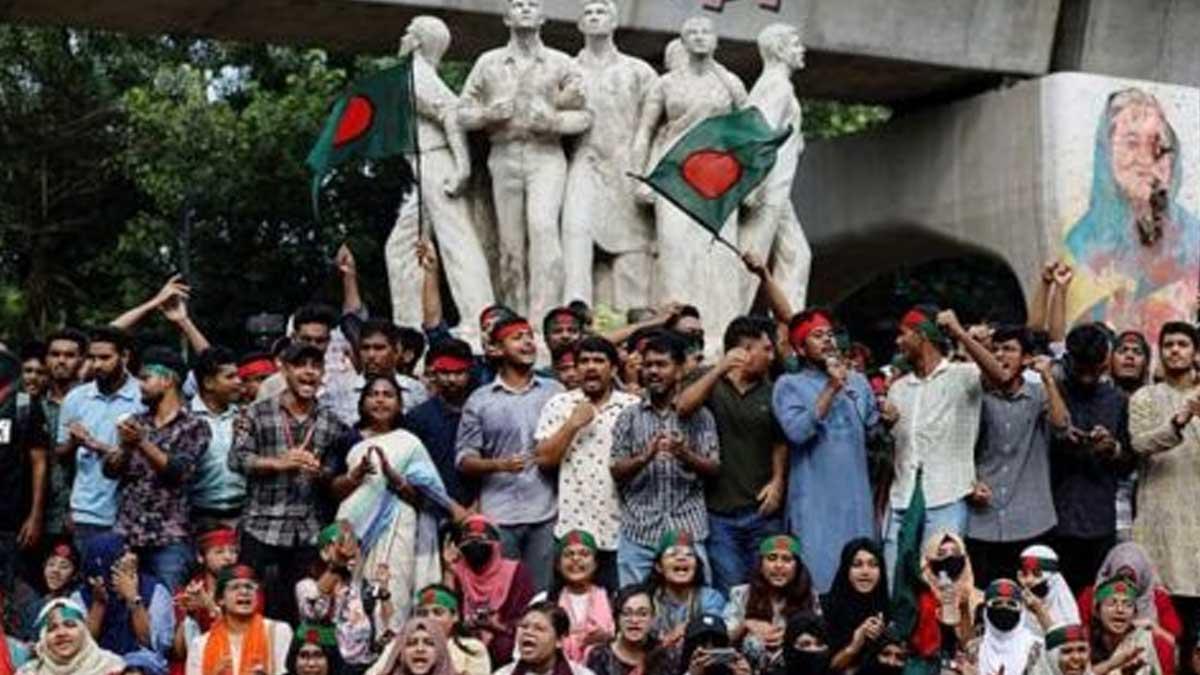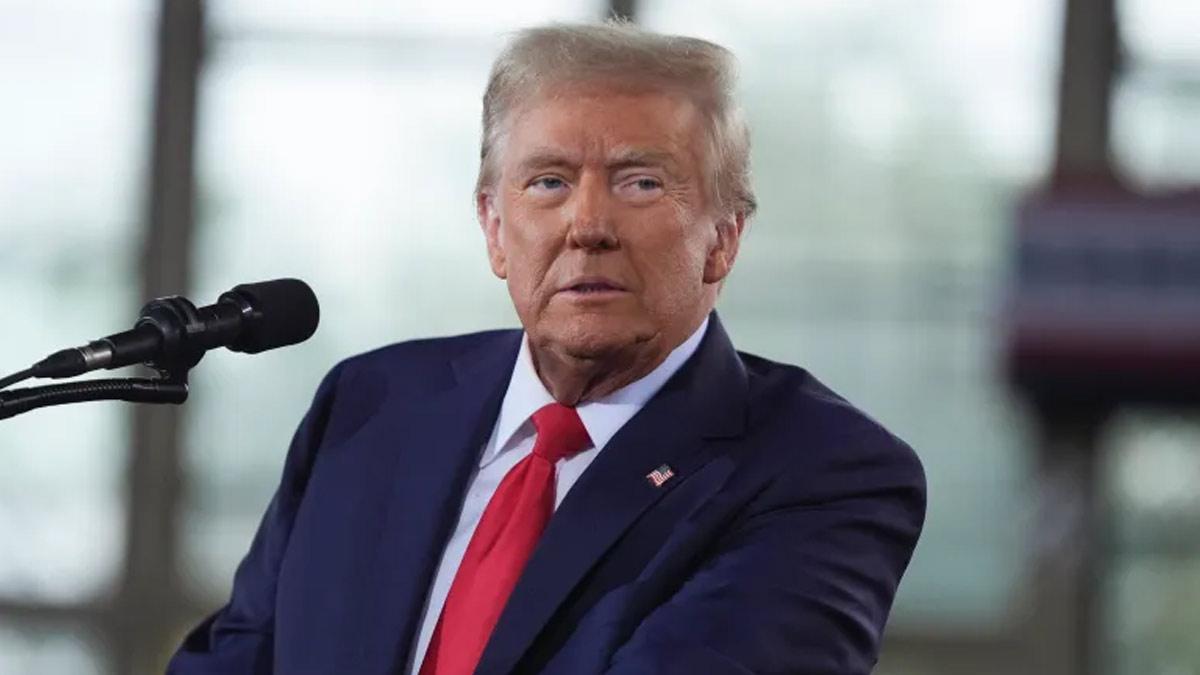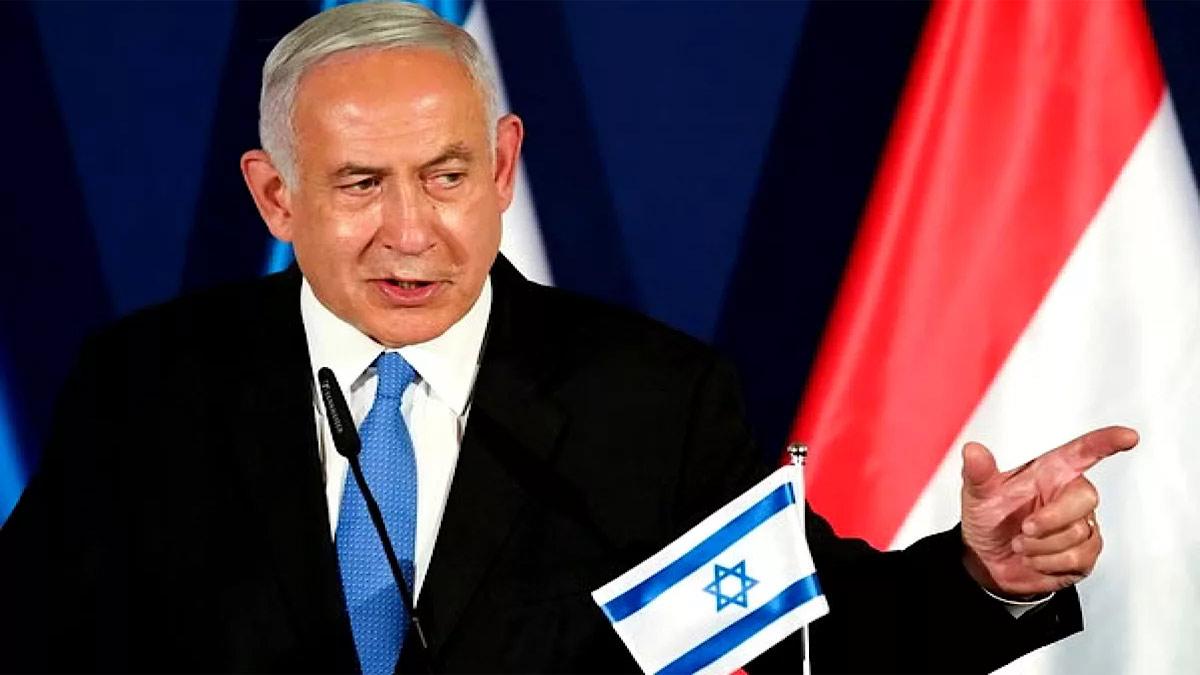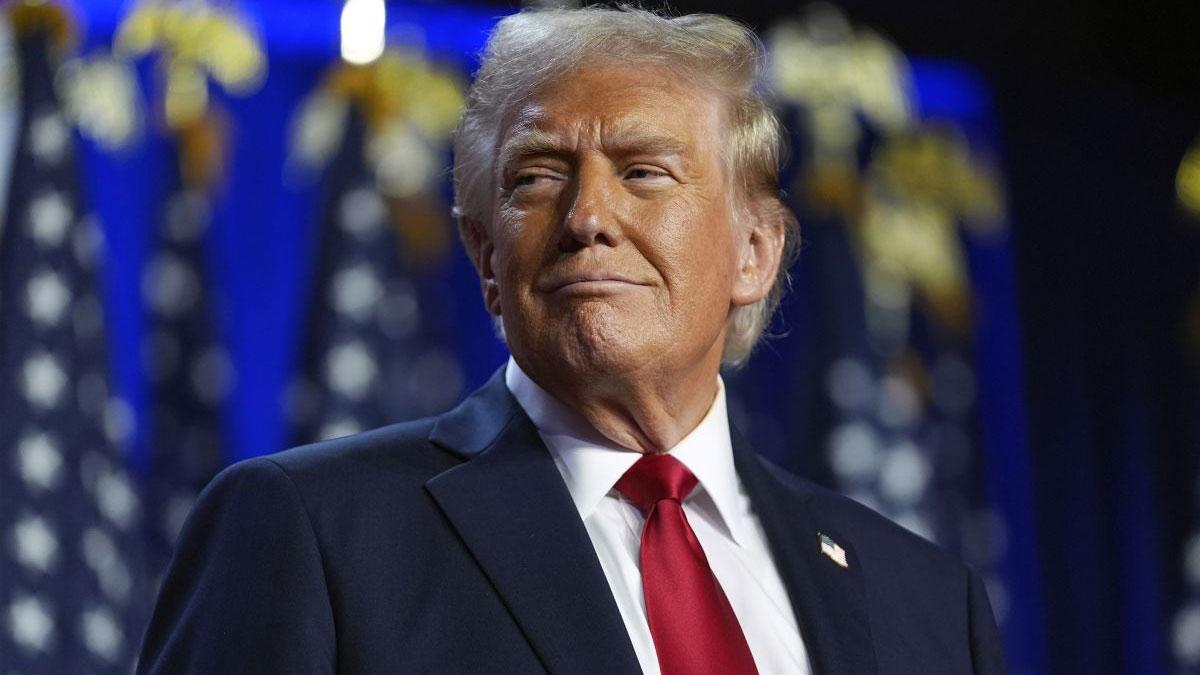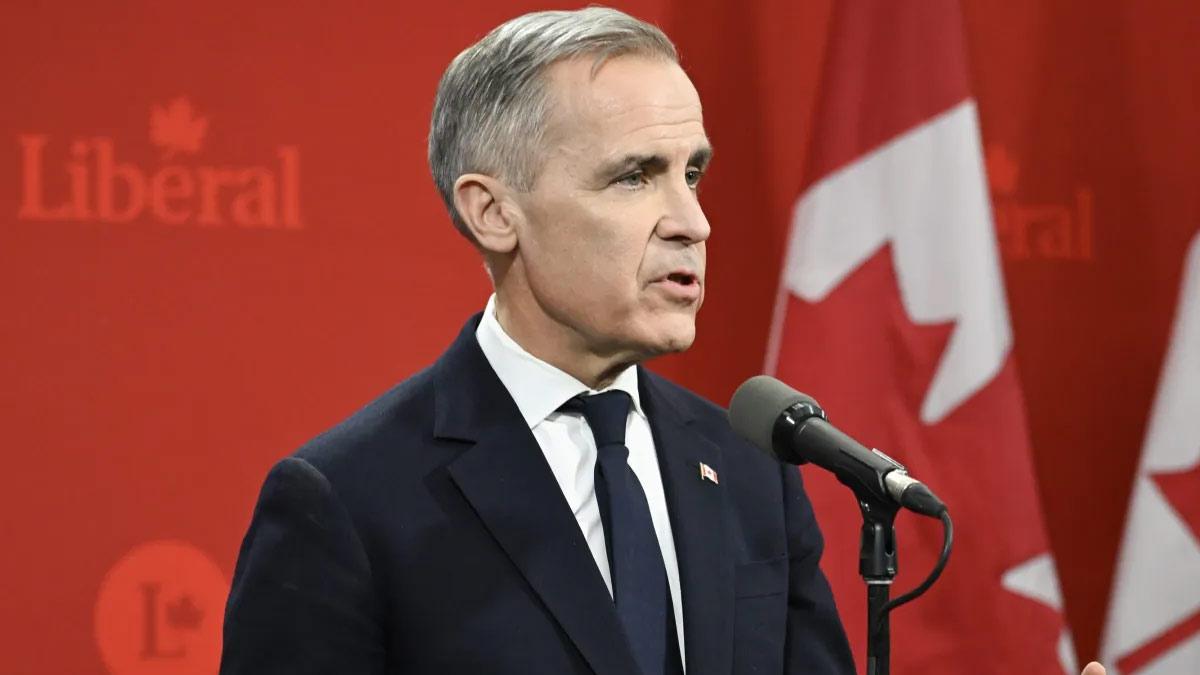Nearly 650 people have died in the recent unrest in Bangladesh, a preliminary report by the office of the United Nations human rights said today. The report called for a fully scaled, impartial, transparent investigation regarding suspicion of extrajudicial killing, arbitrary detention, and other human rights violations.
The 10-page report, "Preliminary Analysis of Recent Protests and Unrest in Bangladesh," states that as many as 400 killings occurred between July 16 and August 4. Another 250 people apparently died in the following two days of protest on August 5 and 6, after the former Prime Minister, Sheikh Hasina, had resigned.
Public sources, such as media and the protest movement, moreover pointed at over 600 deaths associated with the violence that followed the Anti-Discriminatory Student protests. This is further stated in the report released on August 16 in Geneva, which further notes that the exact number of deaths from revenge attacks since then remains uncertain.
It emerged from the document that many people died between 7 and 11 August, among them those who succumbed to injuries following the chaos. Now the injured were mounting up in the thousands and the hospitals were paralyzed by admissions.
There is speculation that the number of deaths could be much higher because the Internet curfew and shutdowns constrained information gathering. Hospitals were also apparently restricted by state authorities from giving out details regarding the casualties.
Uprisings last month over the reinstatement of a quota system for civil service jobs descended into serious violence and human rights abuses by security forces. There is evidence to suggest that security personnel used disproportionate and unnecessary force. The report further calls for an independent inquiry into reported violations related to extrajudicial killing, arbitrary arrest, enforced disappearance, torture, and grave restrictions on freedoms of expression and assembly.
In addition, there were acts of looting, arson, and attacks against the religious minorities, as well as revenge attacks against the members of the former ruling party and police, following the resignation of Hasina. On August 15, armed mobs, according to reports, attacked the suppporters of the Awami League Party with all types of weapons.
The UN report calls for the restoration of law and order without delay and, in this regard, for effective measures to prevent further violence. The report emphasizes that the bodies of law enforcement should act strictly in accordance with international standards of the use of force and protect vulnerable populations, including minorities, from revenge.
The UN Human Rights Chief has urged that accountability be brought forth against all those responsible for the commission of human rights violations, particularly against religious minorities, through all unfortunate events that are interconnected and interlinked by a thread of comprehensive investigation. Most importantly, according to Turk, the transition under way in Bangladesh is an opportunity to embed human rights, inclusivity, and the rule of law into governance.
A team from the UN Human Rights Office is expected to visit Bangladesh next week to look into the killings of protesters and other related incidents. Turk also said that there was a need for long-term legal and institutional reforms, and that the will was there to explore those areas where the UN could assist in the transition.
Bangladesh has been in acute turmoil since the departure of Hasina to India on 5 August, with more than 500 persons killed in anti-government protests since mid-July. On 8 August, Nobel Laureate Muhammad Yunus assumed the charge of Chief Advisor of the interim government when he was appointed by President Mohammed Shahabuddin unofficially after the dissolution of the Parliament, in response to demand from Anti-Discrimination Student Movement.
The Bangladesh National Hindu Grand Alliance said that after Hasina quit, minority community members were attacked at 278 places in 48 districts in what it called an 'assault on the Hindu religion'." Prohibitions have also resulted in destruction to Hindu temples, homes, and businesses.
Turk lauded the efforts of all sections who worked towards securing minorities and their religious places and appreciated the statement by the interim government condemning the violence. He expressed special appreciation for the release of all detainees and political prisoners and urged their release from any arbitrary detention or abduction made so far. Specific recommendations to the political actors, the interim government, and the international community describe ways that these stakeholders should interact with the situation and urge intensive reform.

